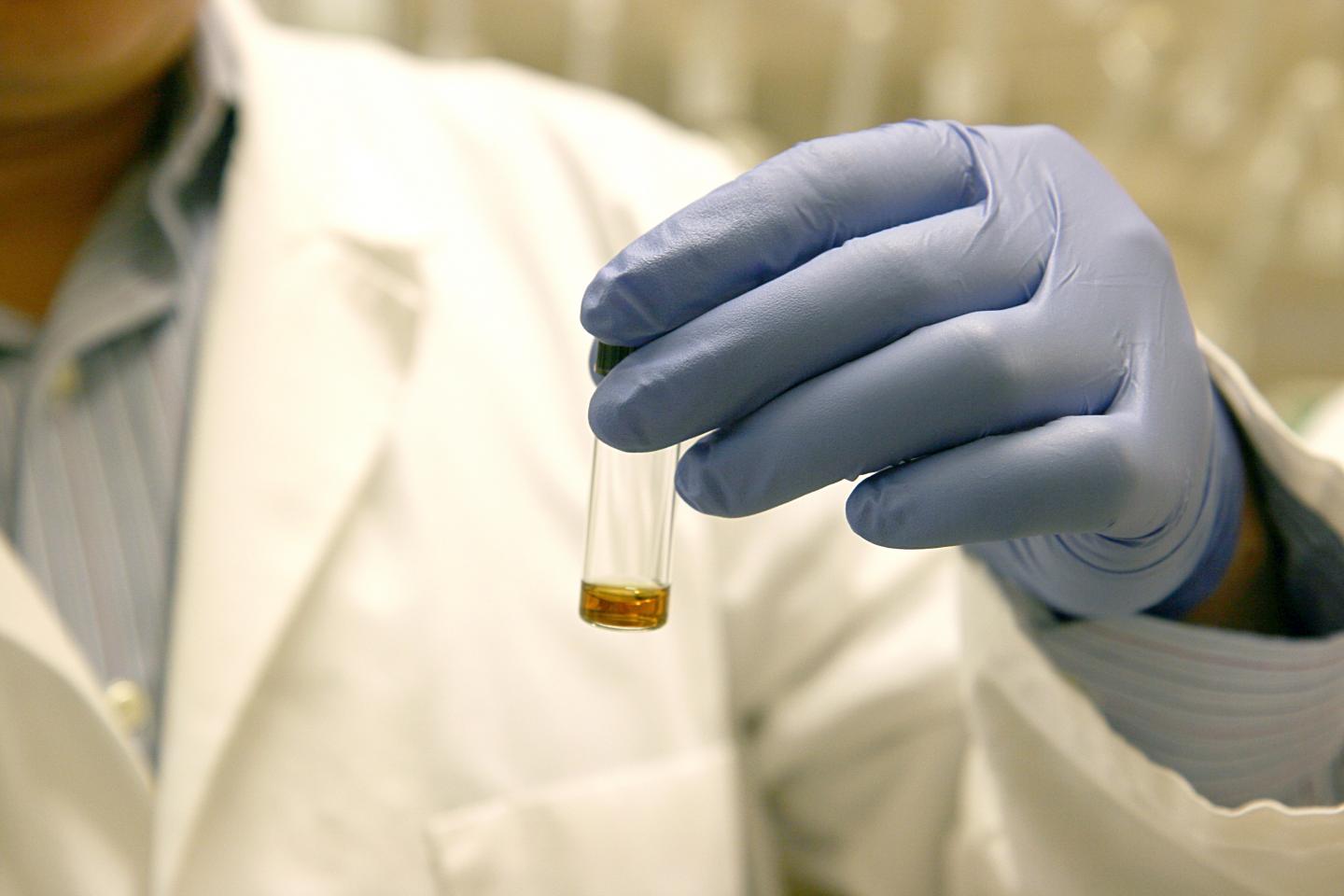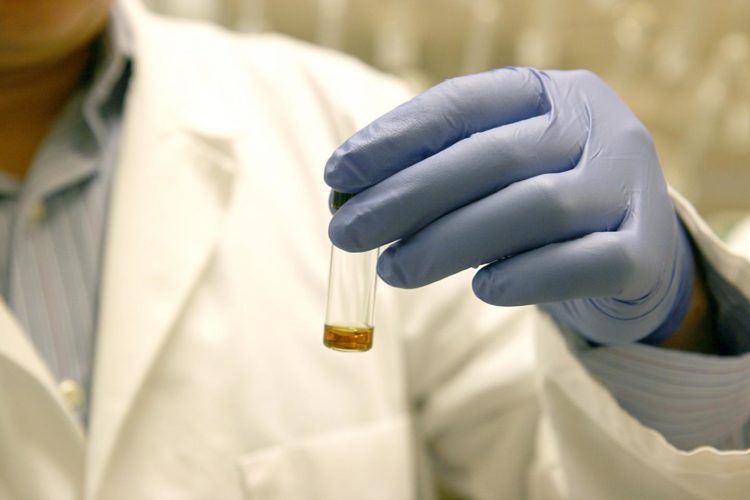
Credit: University of Texas at Dallas
The Cancer Prevention and Research Institute of Texas (CPRIT) has awarded new grants totaling $1.8 million to two University of Texas at Dallas scientists for their research related to lung and kidney cancers.
The Individual Investigator Awards are among 55 new grants totaling more than $78 million that the institute announced Feb. 19. To date, CPRIT has awarded $2.49 billion in grants to Texas research institutions and organizations through its academic research, prevention and product development research programs.
With the latest grants to the researchers in the School of Natural Sciences and Mathematics, UT Dallas has received nearly $18.5 million from CPRIT to support cancer studies.
“CPRIT continues to be an important source of funding for efforts aimed at the prevention and treatment of cancer,” said Dr. Joseph Pancrazio, vice president for research and professor of bioengineering at UT Dallas. “The institute’s ongoing support of basic research allows UT Dallas scientists to make important contributions toward the fundamental understanding of disease and the improvement of outcomes for cancer patients.”
Dr. Li Zhang, professor of biological sciences and the Cecil H. and Ida Green Distinguished Chair in Systems Biology Science, received $900,000 for lung cancer research. In previous studies, Zhang and her colleagues discovered that cells of the most common type of lung cancer — non-small cell lung cancer — consume substantially more oxygen than normal cells. The lung cancer cells also outpace their normal counterparts in synthesizing a critical chemical called heme, which helps transport and store oxygen. These elevated levels of oxygen and heme fuel tumor growth and progression.
With the new CPRIT grant, Zhang will use advanced imaging techniques in animal models to investigate whether drugs that target heme synthesis and uptake can be a successful strategy for suppressing lung tumors and improving the effectiveness of chemotherapy, radiotherapy and immunotherapy.
Zhang previously received a CPRIT grant of $900,000 in 2015.
Dr. Jie Zheng, professor of chemistry and biochemistry and the Cecil H. and Ida Green Professor in Systems Biology Science, also received $900,000 for his research, which is aimed at improving the accuracy of computerized tomography (CT)- and fluorescence-guided kidney cancer surgery.
With more kidney cancers being diagnosed in the early stage, partial kidney removal is becoming an increasingly important treatment, in particular for those patients who have poor kidney function or cancer in both kidneys. In current clinical settings, CT is used first to noninvasively localize and stage kidney cancers, followed by fluorescence imaging of normal renal tissue to guide surgery. However, due to the limitations of current contrast agents, no significant improvement in reducing positive margin rates in kidney cancer surgery has been achieved, Zheng said.
Zheng’s project will focus on developing a single material, based on gold nanoparticles, that can achieve high contrast in both CT and fluorescence imaging of kidney cancers. His approach takes advantage of the unique physiological microenvironment associated with kidney cancer in a way that allows the tumor margins to be more accurately differentiated during surgical removal. His nanoparticles also have the potential to effectively and selectively deliver anti-cancer drugs to tumors that cannot be treated surgically.
###
Zheng received three previous CPRIT grants in 2011, 2014 and 2016 totaling nearly $2.4 million.
Media Contact
Amanda Siegfried
[email protected]
972-883-4335
Original Source
https:/





